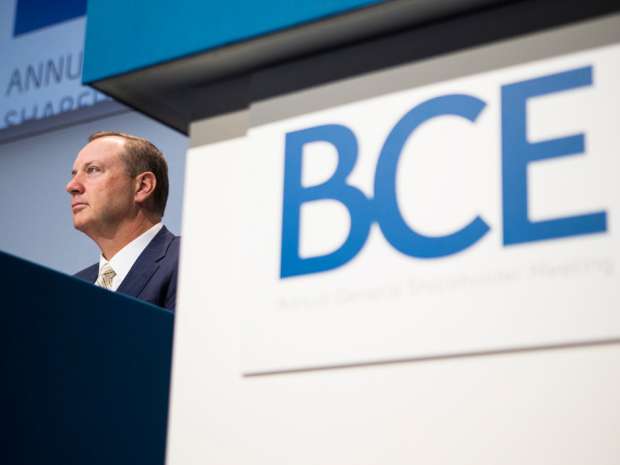Hedge Funds Search for Their Real Killers
by Clifford Asness, Ph. D. AQR Capital Management, Inc.
After many years (decades) of being one of the very early hedge fund critics I've recently (tepidly) defended hedge funds from overwrought attacks that wrongly compare them to a beta of 1.0 in a bull market and, as usual, act as if we learn more from a few years than we really do. In these tepid defenses I share my own concerns that this tepidity (if not a word it should be) is intentional and permanent.[1] That is, mine is a defense against a near legion of badly targeted criticism, but not close to an “all clear” sign that hedge funds don’t merit any opprobrium.
But, misleading attacks against hedge funds, and defenses both blistering and tepid, aside, hedge fund managers just have to stop blaming others for their problems. In no particular order, many hedge fund managers have publicly blamed quants, indexing, algorithmic trading, ETFs, high frequency, and sometimes "risk parity" for their travails.[2] This casting of blame is almost always bereft of specific logical (or god forbid numeric) explanation linking how these various and quite varied quantitative Dreyfuses have kept hedge fund genius down for so long.[3],[4] I find it difficult to even address these non-specific accusations made by many who clearly often don’t fully understand the things they have fingered as their tormentors. I'd sooner take on proving hedgies aren't suffering the ill effects of the Town of Greenwich Connecticut adding more fluoride to its water and thus threatening their precious bodily fluids than fight such random non-specific (but strongly worded and serious!) accusations.
Please note, almost every fund manager not committing a crime has bad investing periods[5], and there’s nothing wrong with trying to explain what happened (e.g., when value investing dies in general it’s mostly bad for specific value investors). But that’s a far cry from listing a bunch of things that you hope sound vaguely sinister, appealing to inchoate luddite fears, not supplying any further logical link, and just hoping it sticks enough to get you off the hook for a bit longer. If the quality of the discourse here reminds anyone else of the current state of our political process, well, me too.
If the excuse-making hedgies want to, in depth, with logic and numbers, explain how us new-fangled suspiciously systematic spawns of Satan have suppressed their natural acumen for so long, and why they are long-term the right thing for investors and, perhaps, their geeky torturers long-term the wrong thing, please go for it. Perhaps I'll even agree or possibly argue (the only thing I know for sure is that I won’t stay out of it!). Otherwise, hedgies, please keep at your day jobs, confident that that if you are right this too shall pass. If you do that, I'll probably keep defending you (with my now standard white hot tepidity), at least from the silliest (e.g., comparing to a beta of 1.0) attacks.
[1] With “intentional tepidity” defined here as taking less non-beta risk than they used to, perhaps as the industry has grown too much, in an effect very similar to “benchmark hugging” in the long-only world, and thereby making their value proposition even worse.
[2] They also blame some other things, like quantitative easing, but I’m only commenting on the ones I take personally and have a strong opinion are gibberish!
[3] I happily admit AQR fits most of these descriptions, at least in part, except high frequency, ETFs, and probably indexing unless it’s misapplied to mean anything systematic (which, you know, it often is).
[4] This is the one that set me off this morning but there have been too many to exhaustively list here (and I’m avoiding directly naming all the managers who’ve made these asinine excuses, in the hope that they still can reform without an additional blight on their permanent records).
[5] No the oft-mentioned HFTs possibly making money most days is not a counter-example (nor a crime). They get paid for a combination of providing liquidity and improving price discovery between similar instruments as opposed to running funds which take long term investment risks.
This post was originally published at AQR Capital
Copyright © AQR Capital















